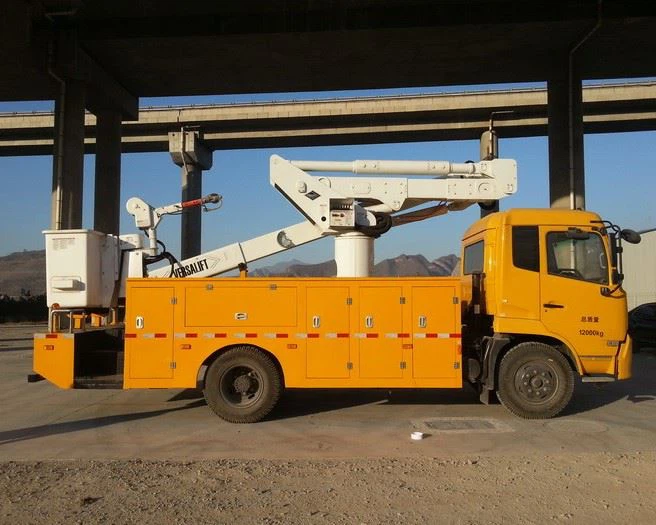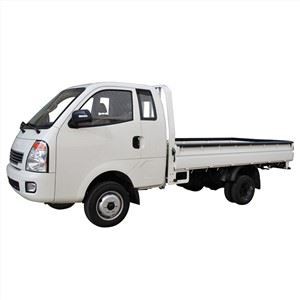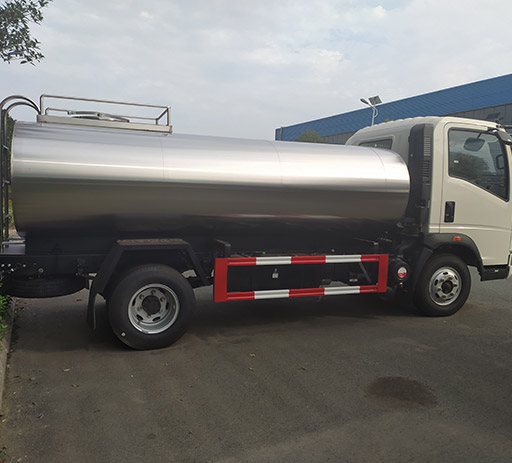Buy Roll Off Container: Your Comprehensive Guide

In today’s world, efficient waste management is more crucial than ever. Whether you are a homeowner undergoing renovations, a contractor handling a construction project, or a business looking to manage waste, roll off containers have become indispensable. This article will provide a detailed look at how to buy a roll off container, including their types, sizes, costs, and more.
What is a Roll Off Container?
A roll off container is a large metal bin with an open top that is used to haul away waste materials. These containers are typically delivered to a location via a specialized truck and “rolled off” the truck at the site. Once filled, the container is picked up again for disposal or recycling.
Common Uses of Roll Off Containers
Roll off containers are versatile and can be used for various purposes, including:
- Home renovations
- Construction sites
- Commercial waste disposal
- Debris removal after storms
- Landscaping projects
Why You Should Buy a Roll Off Container
Purchasing a roll off container can offer numerous benefits compared to renting. Some key advantages include:
Cost-Effective
Owning a roll off container can save you money over time, especially if you require frequent waste disposal.
Convenience
Having your own container readily available eliminates the need to schedule rentals, making it easier to manage waste on your terms.
Customization
When you buy, you can select specific sizes and features based on your needs, providing greater flexibility.
Types of Roll Off Containers
Roll off containers come in various types and sizes. Understanding these can help you make an informed decision.
Open Top Containers

These are the most common type for general waste and construction debris. Their open tops allow easy loading.

Closed Top Containers
These containers have a lid and are used for specific materials that need to be protected from the elements, such as hazardous materials.
Specialized Containers
Some containers are designed for specific purposes, such as yard waste, recycling, or demolition waste.
Choosing the Right Size
Size is a crucial factor when buying a roll off container. Here’s a comprehensive guide to common sizes and their uses:
| Container Size (Cubic Yards) | Ideal For | Approximate Weight Limit |
|---|---|---|
| 10 yards | Small home projects, cleanouts | 2,000 lbs |
| 20 yards | Medium renovations, large cleanouts | 4,000 lbs |
| 30 yards | Large construction jobs, commercial waste | 6,000 lbs |
| 40 yards | Major renovations, large construction debris | 8,000 lbs |
Cost of Buying a Roll Off Container
The price of a roll off container can vary significantly based on several factors, including size, material, and features. Here’s an overview:
Typical Price Ranges
Generally, you can expect to pay between $3,000 to $6,000 for a new roll off container. Used containers can cost less, typically ranging from $1,500 to $3,000.
Additional Costs to Consider
- Delivery fees: Transportation costs can add to the total price, especially if you have a long-distance to cover.
- Permit fees: If you need to place the container on a public street, you may require a permit.
- Environmental fees: Some localities charge fees for proper waste disposal and recycling.
Where to Buy Roll Off Containers
Finding a reputable supplier is key. Here are several options to consider:
Manufacturers
Buying directly from manufacturers can offer competitive pricing. Companies like Wastequip and Pennsylvania Container provide various container options.
Local Suppliers
Check local construction equipment suppliers or waste management companies that might sell their containers.
Online Retailers
Platforms like Ebay or Amazon may also have listings for new and used roll off containers.
Tips for Buying a Roll Off Container

Before making a purchase, consider these practical tips:
Evaluate Your Needs
Determine what types of waste you’ll be disposing of and how much. This will help in selecting the right size and type of container.
Check for Warranty and Return Policy
Read the warranty terms and return policy to ensure that you are protected should anything go wrong.
Compare Multiple Suppliers
Get quotes from different suppliers to ensure you are not overpaying and to understand market rates.
Investigate Local Regulations
Research local regulations regarding waste disposal to ensure that your container usage complies with local laws.
Maintenance of Your Roll Off Container
Maintaining your roll off container can prolong its lifespan. Here’s how:
Regular Cleaning
Keep the inside clean to prevent odors and buildup of debris. A thorough cleaning after each use is recommended.
Inspection for Damage
Regularly check for rust and other damages. Address any issues immediately to prevent further deterioration.
Proper Storage
If not in use, store the container in a dry area to protect it from the elements.
FAQ Section
What is the difference between renting and buying a roll off container?
Renting offers flexibility for short-term projects, while buying is more cost-effective for frequent use and allows for customization.
What materials can be disposed of in a roll off container?
Common materials include construction debris, household junk, yard waste, and more. However, hazardous materials typically cannot be disposed of in these containers.
Do I need a permit to place a roll off container on my property?
Permits may be required if you place it on public property such as streets. Always check with local authorities.
How long can I keep my roll off container?
This often depends on local regulations and the agreements made with the supplier. Typically, you can keep it for up to a week or longer if needed.
Can I use my roll off container for recycling?
Yes, but specific containers are designed for recycling. It’s essential to check local recycling guidelines to separate materials appropriately.
How do I arrange for delivery and pickup of a roll off container?
When purchasing, the supplier will provide options for delivery and pickup. You should coordinate these details before finalizing your order.
